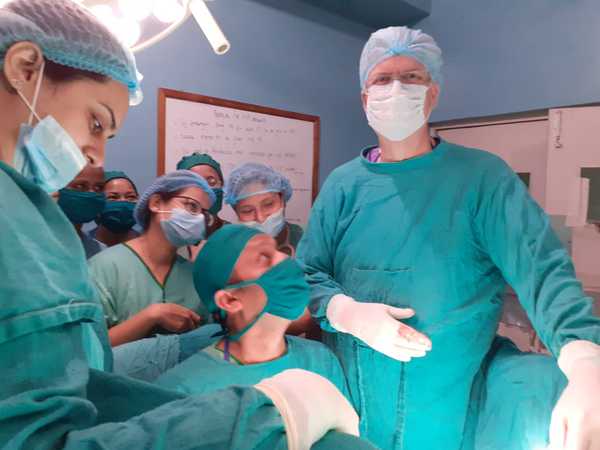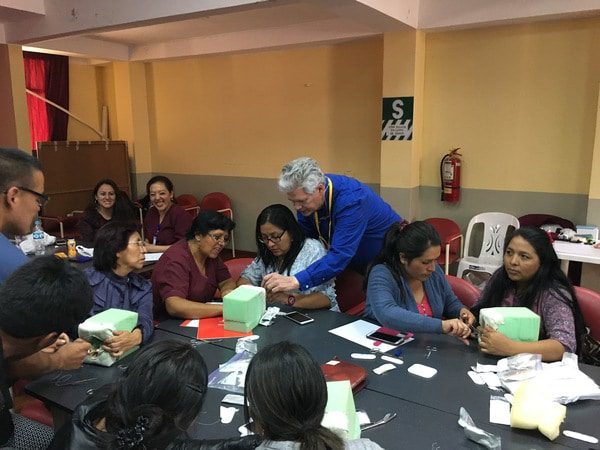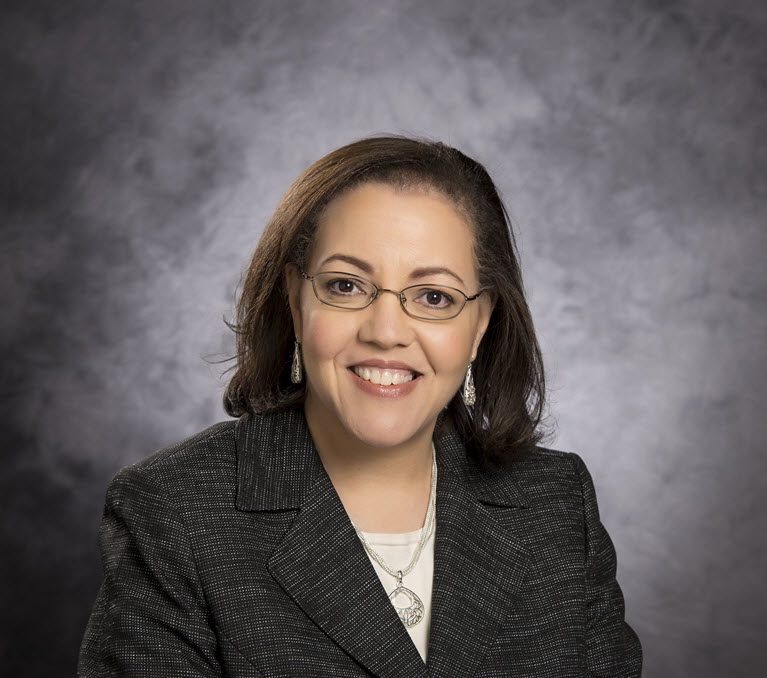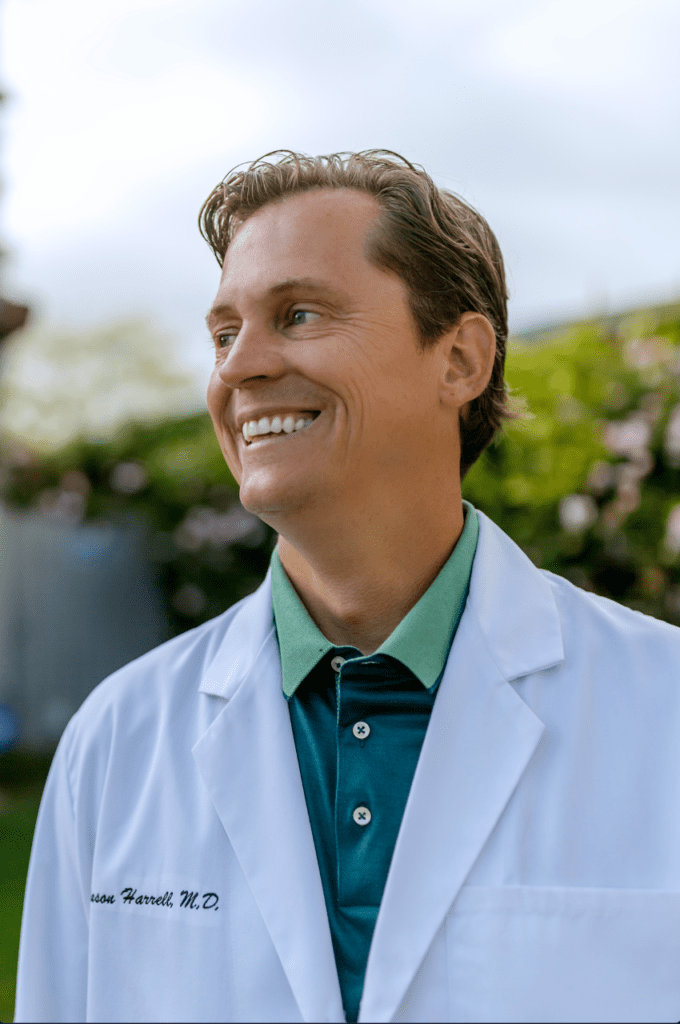
Dr. Ty Erickson is an OB/GYN at Rosemark Women Care Specialists in Idaho Falls, Idaho. Specifically, he is a urogynecologist specializing in treating women’s pelvic disorders and surgical pelvic reconstruction.
While he maintains a thriving practice, his true passion is traveling the world providing medical care for women with little or no access to regular healthcare.
Working for Women’s Health
Dr. Erickson’s interest in medicine emerged when he was only eight-years-old. While hunting with his family, he was more interested in examining the animals’ internal organs than hunting. Years later, as a medical student, he decided to focus his career on women’s health.
“During rotations in medical school, I realized that I had a strong desire to help women and to be a part of that experience of delivery. I also enjoyed the technical aspects of the variety of surgeries we could do to help women. So it was that combination of assisting women in childbirth and helping in the surgical areas that made me decide that’s what I wanted to do,” Dr. Erickson explained.
A Medical Humanitarian
Dr. Erickson’s true passion is humanitarianism, bringing his medical expertise to developing countries.
“I only work to generate enough income so that I can spend it on humanitarian work. Everything that we do is not compensated. So our whole goal is to have the freedom to be able to do that. Some people, some doctors, work to play. I work to work,” Dr. Erickson said.
What sparks this passion? The tremendous need.
“If you take a look at how dismal it is for women who don’t have access to good healthcare, there are high death rates for both the mom and the baby. In addition, there are complications, including fistulas,” Dr. Erickson continued.
In developing countries where basic health care is scarce, many women are vulnerable to serious health issues. Maternal and infant mortality, HIV/AIDS and cervical cancer are prevalent, and the majority of pregnancy-related deaths happen in these countries. Moreover, as many as 20 million women each year suffer complications such as infertility, fistulas, postpartum hemorrhage, eclampsia and sepsis. Clearly, there is a desperate need for medical help.
“It is an eye-opening experience because we don’t have to think, well, is this how it was 150 years ago in the United States or any other first-world country? We just need to go and look at how dismal things are still for millions of women throughout the world,” Dr. Erickson said.

A Network of Humanitarians
Dr. Erickson works with a network of other doctors who have also taken up the humanitarian cause.
“I’ve met other physicians through medical meetings who have donated their whole lives to Africa. So I go there and work with them. There’s an organization in Texas called Faith and Practice. I go to Guatemala once a year and do surgery with that group of obstetricians,” Dr. Erickson shared.
Faith and Practice, a non-profit, ecumenical Christian organization, provides medical, surgical and dental services and health education programs to poor communities in Guatemala.
“And then there’s another group that I go to in Peru. Every year, we go down there to train midwives on how to reduce the complication rate because they do all the deliveries. There is no access to a hospital. The death rate is still high there. Over the years, I started doing mentoring work. It’s about working with all of the people I’ve met and crossed paths with over time and developed strong relationships with. We help each other,” Dr. Erickson explained.
The Effects of COVID-19
Of course, the COVID-19 pandemic has affected both Dr. Erickson’s practice and his humanitarian work, the latter much more than the former.
“We’re still having trouble in the United States. But we’re doing okay, let’s be honest. Most people are still getting obstetrics care. They’re going to have a baby, and they’re going to get care,” Dr. Erickson acknowledged.
But the situation in developing countries is dire. Travel restrictions have hindered Dr. Erickson’s ability to continue his humanitarian work.
“In early Mar. 2020, I was in Guatemala, where we were scheduled to do surgery. But then the pandemic was recognized. Guatemala shut their borders, so we had to leave. Women who had traveled hours and hours were expecting to have their surgery, but we couldn’t help them. I have not been able to go abroad ever since,” Dr. Erickson shared.
This worries him. The services they provide often make the difference between life and death or at least make a difference in the quality of life.
“Oh my goodness, there are people out there that need everybody’s help. There’s been an impact for me, for all the humanitarian work. In places where they don’t have the same medical infrastructure that we do, they’re still suffering, and they’re not getting care. And that breaks my heart,” he said.
A Call for Compassion
COVID-19 has taken a personal toll on Dr. Erickson.
“I have lost both of my parents to COVID-19. I had very healthy parents, and they passed away,” Dr. Erickson shared.
His response to this tragedy was nothing but understanding and selfless.
“I try to be more compassionate. When death is a part of your life, you can either become bitter, or you can look and say, what can I do? Being affected by this within our own families allows us to be more compassionate. I’m always a hopeful person. With hope, we work with each other, and we’re more kind, caring and understanding,” he said.
A Parting Reminder
Dr. Erickson predicts that advancements in medical technology in the next 10 years will significantly benefit women’s health.
“I believe that there will be a remarkable improvement in how fast we can get vital products. In addition, we’re learning a tremendous amount from the research in monoclonal antibodies and vaccinations. All of this will sprout a whole new way of moving forward,” Dr. Erickson concluded.
Dr. Erickson is a physician by profession but a humanitarian at heart. He has brought hope and health to women around the world. And when countries reopen their doors, he will continue his mission.






0 Comments